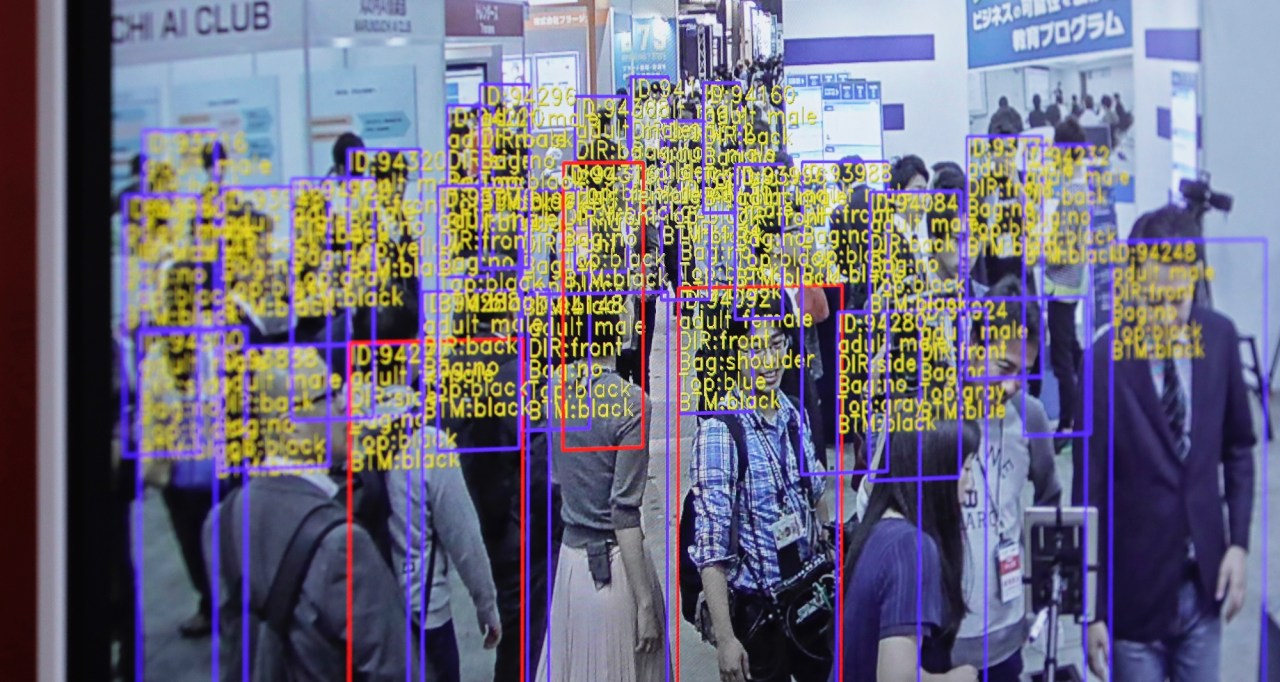As artificial intelligence (AI) matures, we find ourselves at a crossroads—a juncture where the promises of AI technology clash against the stark realities of biases embedded within algorithms. Today’s engineers and researchers face a daunting challenge: ensuring that the advancements in AI truly serve humanity’s best interests. An insightful reflection on the evolution of AI reveals a critical necessity: we must keep AI accountable to humans, not just in theory but in practice.
The Ideal vs. The Reality
Once viewed as the ultimate solution to human errors and biases, the reality of AI is that it reflects our own societal imperfections. Researchers have uncovered that algorithms, which many believe are impartial, can inadvertently reinforce existing biases related to race, gender, and socio-economic status. For instance, job-search algorithms may prefer candidates based on historical data, leading to gender imbalances in job placement. These biases stem from the very data that trains AI, illuminating the question: Can we create an unbiased AI, or are we destined to mirror our flaws?
The Challenge of Algorithmic Bias
Despite significant advancements, the problem of algorithmic bias persists. The complexity of AI systems means that identifying the source of bias within millions of sub-decisions is no simple task. For example:
- Commercial facial recognition systems are significantly more accurate in identifying light-skinned males compared to dark-skinned females, highlighting an alarming performance disparity.
- AI tasked with sorting candidates for nursing positions can inadvertently favor female candidates, following the historical trend that has shaped its training data.
This spotlight on algorithmic bias underscores the pressing need for accountability in AI. To establish fairness, we must first engage in proactive discussions about the training data and the contexts in which these systems operate.
Ensuring Accountability Through Transparency
The answer to rectifying these biases lies in enhancing algorithm transparency and human oversight. As Microsoft president Brad Smith emphasized, government regulations should consider the implications of automated decisions on individuals and urge that human judgement be included, especially in sensitive circumstances. The European Union’s General Data Protection Regulation serves as a model, granting rights to individuals to understand and challenge machine-generated decisions.
The Role of Society in AI Development
As much as engineers drive technological innovations, solutions to bias and accountability in AI are not solely within their purview. A collaborative approach involving ethicists, sociologists, and other interdisciplinary experts will pave the way for a more responsible AI. By defining the ethical compass that AI should follow, we can break down the barriers that lead to discrimination and bias.
Looking Ahead: What Should AI Do?
To realize the dream of AI that liberates us from bias rather than enforces it, we must rigorously interrogate what AI technology should achieve. The focus must shift from merely what AI can do to what it ought to do for society. This paradigm shift necessitates us to envision AI as a responsible partner that respects human values, ethics, and various societal norms.
Conclusion: Towards a Fairer Future
The journey of making AI accountable to humanity is filled with challenges, yet the potential to create an unbiased system is still within reach. By fostering a culture of transparency, accountability, and interdisciplinary collaboration, we can start turning our aspirations into reality. For now, we must remain vigilant in ensuring that as AI technologies proliferate, they do not repeat the prejudiced patterns of the past.
At [fxis.ai], we believe that such advancements are crucial for the future of AI, as they enable more comprehensive and effective solutions. Our team is continually exploring new methodologies to push the envelope in artificial intelligence, ensuring that our clients benefit from the latest technological innovations.
For more insights, updates, or to collaborate on AI development projects, stay connected with [fxis.ai].

